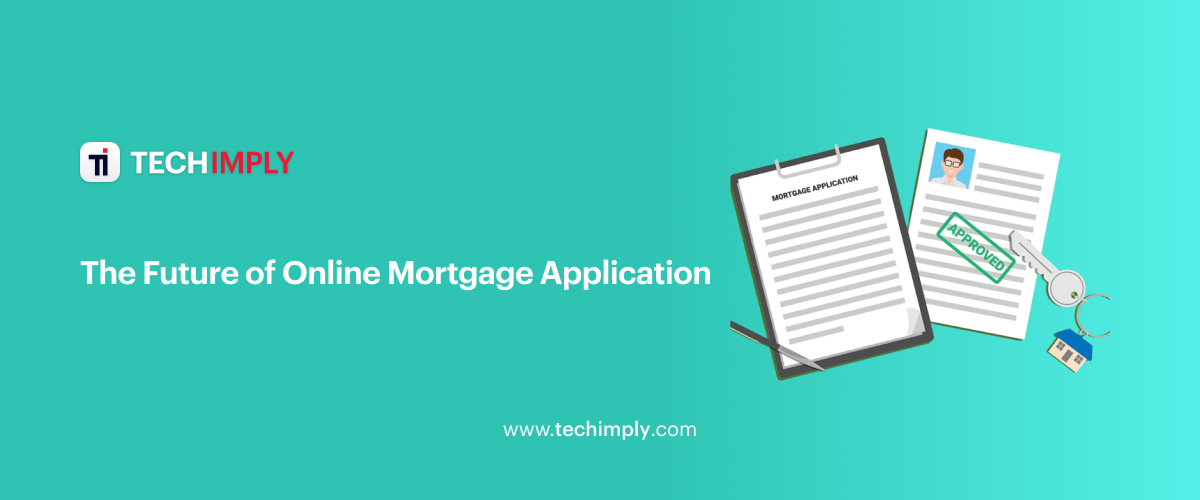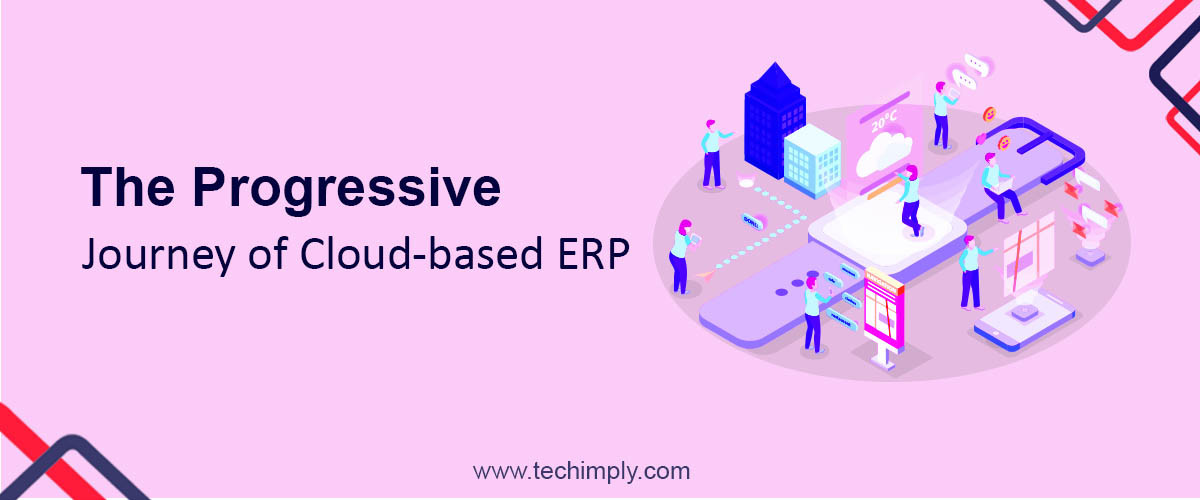One of the most basic concepts of real estate finance is home financing. For those of you that may not be familiar with what a mortgage is, we will explain it to you in simple, yet memorable, terms. Mortgage comes from an old French term adapted into English legal usage that refers to nontransferable property, such as land or a house, as opposed to living property such as livestock (hence the “mort” in mortgage). As such, it is a lien against a piece of real property such as real estate or a structure located upon it and is pledged as collateral in case the borrower fails to live up to the covenants of the mortgage loan. Typically, mortgages are dispersed over long periods of time, think twenty to thirty years, and are amortised or paid off via a series of payments over time that are determined by interest rates and other fees.
Although it is possible to get a mortgage for the full purchase price of a property [Property Management Software], most borrowers will have to pledge a down payment in order to unlock the remaining value through a mortgage loan. This establishes equity for the buyer and gives him “skin in the game,” or a tangible, sizable claim on real assets, that he may be reluctant to forfeit through default. In other words, down payments help signal to lenders a borrower's earnestness in taking out a loan as it is their cash (or borrowed cash from some other method) on the table in a down payment.
As you can imagine, given their complexity and integral nature, mortgages are highly regulated financial instruments; yet, they are also indispensable as a route to potential home ownership. Navigating the world of mortgage finance is not easy for even the most sophisticated financial professionals. One phenomenon that has made things much easier for everyone involved, with a particular emphasis on the consumer’s benefit, is the online digitization of the mortgage application and disbursement process. Now, borrowers can compare rates from a range of lenders across large geographic spaces whereas, in the past, they were often confined to their own backyards and local lending institutions (along with the varying rates that accompany that).
Banks Embrace Innovation, Mortgages Still Catching Up
Banks and financial institutions are not shy about embracing financial technology but mortgages are still somewhat mired in the ways of the past. Chalk it up to regulations or a general skittishness about moving such a massive part of the financial system to the virtual space, either way, mortgages are a unique financial product in that they occupy both worlds. Sure, you will locate a great rate online, but you will likely have to complete the application process with some kind of interface outside of the online ecosystem. That’s just part of the way things are done in the world of mortgages and, when you look at how much money is borrowed and just how strict some of the rules are, it makes sense. But it won’t always be this way and the days of mortgages lingering behind the rest of finance are slowly fading away.
Now with consumers accustomed with various financial online interactions such as finding the best personal loans, mortgages, too, will have to go to meet the market. It helps to consider why banks might be wary of frictionless mortgage loans online.
For one, there’s a huge amount of risk involved in a mortgage loan. Contrary to popular belief, banks do not like to foreclose on a home. This is why security and verification and other know-your-customer protocols are going to be absolutely critical to a functioning online mortgage market moving forward.
5 major reasons why consumers prefer to mortgage online
1. Accessibility - It is hard to beat online banking when it comes to accessibility. If you have access to the Internet or own a smartphone, you can access mortgage lending. Again, this is part of fintech’s desire to be where the customer goes and there’s no doubt that customers are going to increasingly spend more time on their phones and on the Internet at home than anywhere else. If mortgage lenders want to capture this audience, they have to make their products, services, interfaces, and more accessible and easy to use.
2. Convenience - While taking out a loan for hundreds of thousands of dollars might not sound like something you would want to do from your smartphone, this is exactly what consumers want - and demand - from fintech services. Why? Convenience, of course, and the fact that almost every other service from delivery to food preparation to hailing a ride is conducted in much the same way. “Open the app and tap on the mortgage application to get started” is just one of the many ways consumers are discovering the convenience and ease of online banking services.
3. No Need to Engage a Representative - A sad fact about all of this is that many people do not want to deal with a customer service representative. Why? Pressure is the main response. Consumers feel pressured to do things that they may not otherwise desire when a company representative is there in even the most innocuous form. Consumers want pressure-free environments where they feel empowered to make their own choices (and their own mistakes).
4. Speed - Convenience, accessibility, and speed all go hand-in-hand when it comes to fintech and mortgages are no different. Although the market has cooled off somewhat, being able to obtain financing often meant the difference between snagging one’s dream home and walking way empty-handed in particularly hot real estate markets. When speed is of the essence, online and digital beat traditional every time.
5. Lower Fees - This may not always be the case but, by and large, online leads to lower transaction fees and costs for consumers. That’s money back in their pockets for doing something as simple as going the digital instead of the traditional route. And, when you’re talking about home loans, every dollar counts.
Fintech start-ups and mortgages
Approaching this from two angles, digitalization and the recognition of shifting consumer behaviour, fintech are adapting the complex, staid mortgage market for a new era. The mortgage software development has opened up a world of possibilities for the future of online mortgages. Resulting in faster processing times, lower fees, and greater consumer choice.
Consumers who are using platforms such as ROSHI or Tomo are doing so to not only compare the best refinance home loans but to directly connect with lenders and access personalised loan options via their dashboard.
Potential homeowners today have more tools in their back pocket than generations past and, with access to these financial building blocks, have the power to realize their homeownership dreams more readily than ever before.





